In modern society, social media is a constant presence in daily life. From staying in touch with family and friends to learning about the latest trends and news, people of all ages and backgrounds spend hours on social media daily. But like most things, social media comes with both benefits and drawbacks. In this blog, we’ll look at the advantages and disadvantages of social media, exploring how it affects our lives in both positive and negative ways.
Table of Contents
What is Social Media?
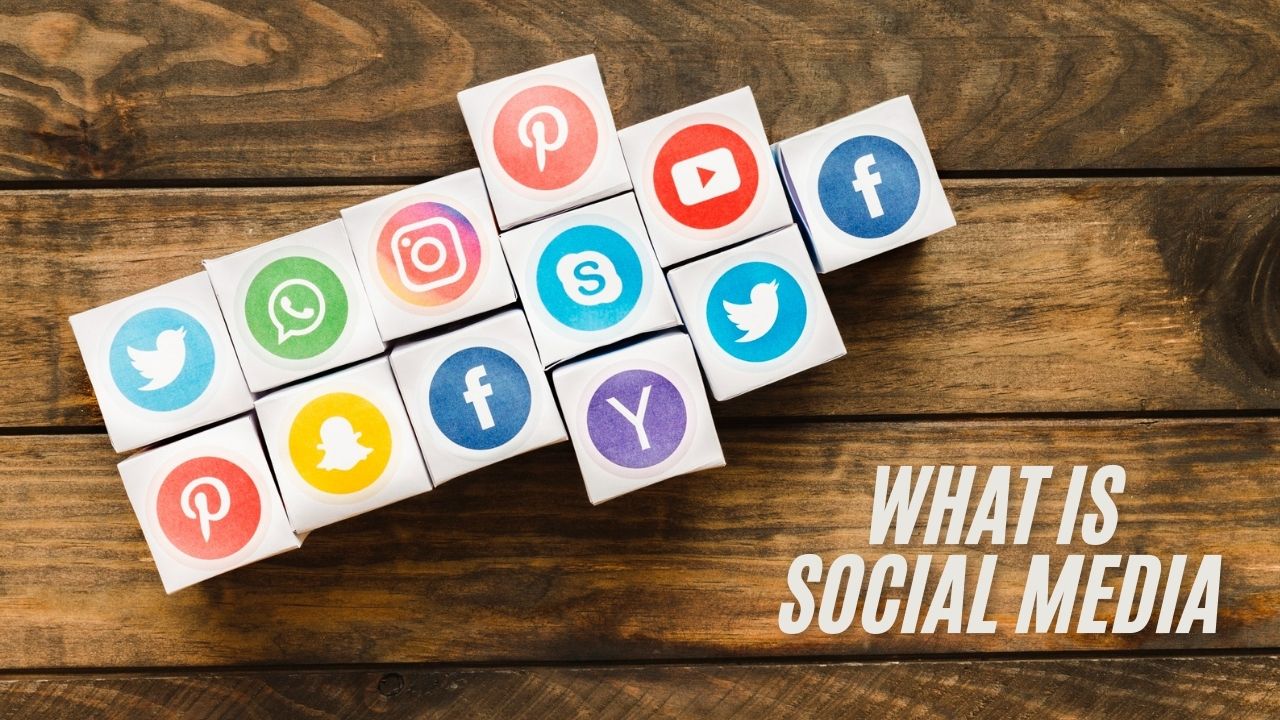
Social media refers to websites and applications that enable users to create and share content, engage with one another, and participate in social networking. Popular platforms like Facebook, Instagram, Twitter, LinkedIn, TikTok, and YouTube are used by billions of people globally. Social media brings people together and allows for self-expression, creativity, and learning, but its effects on society can be complicated. Let’s look at the benefits and drawbacks of social media.
Advantages of Social Media
Social media offers numerous benefits that can make a positive difference in both personal and professional aspects of life. Below are several key advantages of social media:
1. Connecting with People Globally
One of the biggest benefits of social media is connecting people worldwide. Whether you’re reconnecting with an old friend or meeting new people who share your interests, social media breaks down geographical barriers. This connectivity can foster meaningful friendships and relationships and promote cultural exchange.
2. Information Sharing and Awareness
Social media has become a major platform for sharing news and information. It enables people to stay updated on world events, trends, and advancements in real-time. Social media also helps raise awareness about important social and political issues, leading to greater global awareness and social movements.
3. Educational Resources and Learning Opportunities
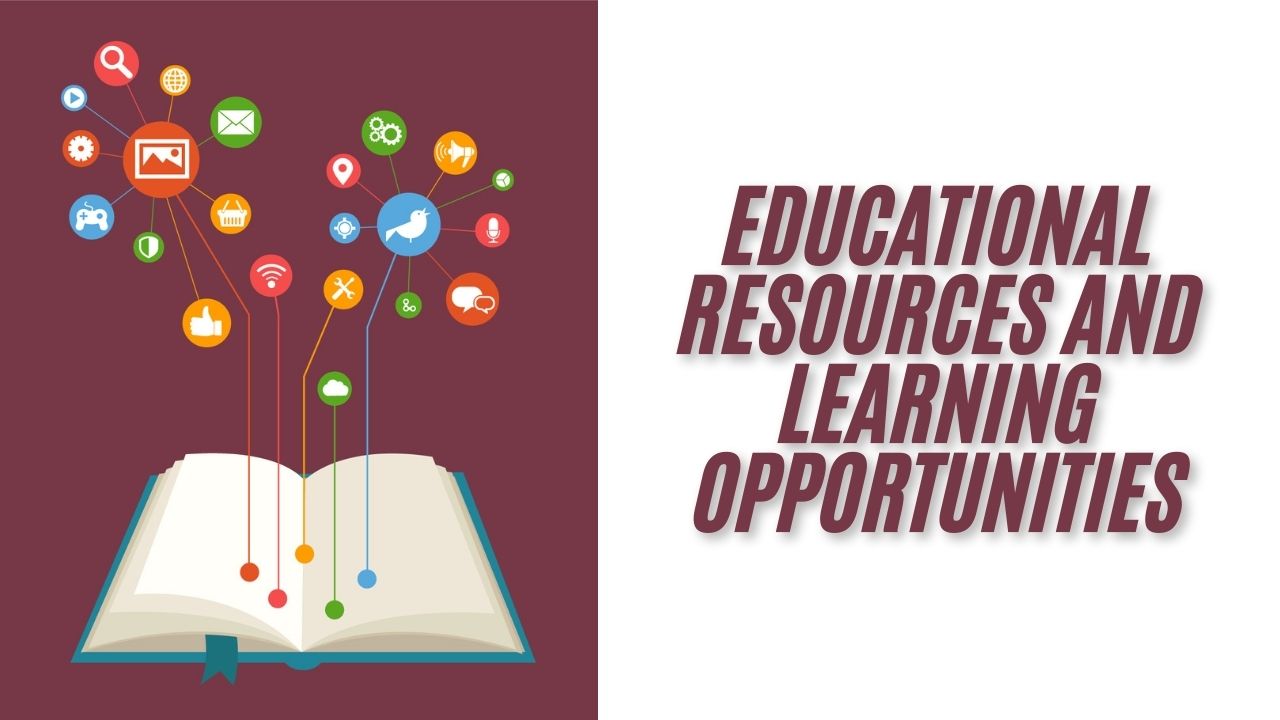
Educational content is now abundant on social media. From online courses and tutorials to expert advice, there’s a wealth of information available at the click of a button. Platforms like YouTube, LinkedIn, and Twitter are widely used to share educational content, helping users learn new skills or gain knowledge on various topics.
4. Business and Marketing Opportunities
Social media has become an important tool for all businesses. Promoting a business on social media requires a strategic approach to reach and engage the right audience. With billions of users, social media platforms provide an excellent marketing channel for promoting products and services, interacting with customers, and building brand loyalty. Small businesses, in particular, benefit from the cost-effective advertising options on platforms like Facebook and Instagram.
5. Empowerment and Advocacy
Social media provides a platform for voices that may not otherwise be heard. It allows individuals to advocate for causes they believe in and amplify messages that matter. Many social movements have gained traction through social media, such as #MeToo and #BlackLivesMatter, empowering individuals to stand up for justice and change.
6. Entertainment and Inspiration
Social media serves as a source of entertainment, inspiration, and relaxation. Platforms like Instagram and TikTok are filled with entertaining videos, memes, art, and music that inspire creativity and provide an enjoyable escape. Social media also enables creators to showcase their talents to a wider audience, often turning hobbies into careers.
7. Building and Sharing Communities
Social media allows people to find and build communities around shared interests, such as hobbies, support groups, or professional networks. For example, LinkedIn is popular for professional networking, while Reddit and Facebook groups cater to niche communities and fan groups. These places create a sense of belonging and provide support.
Disadvantages of Social Media
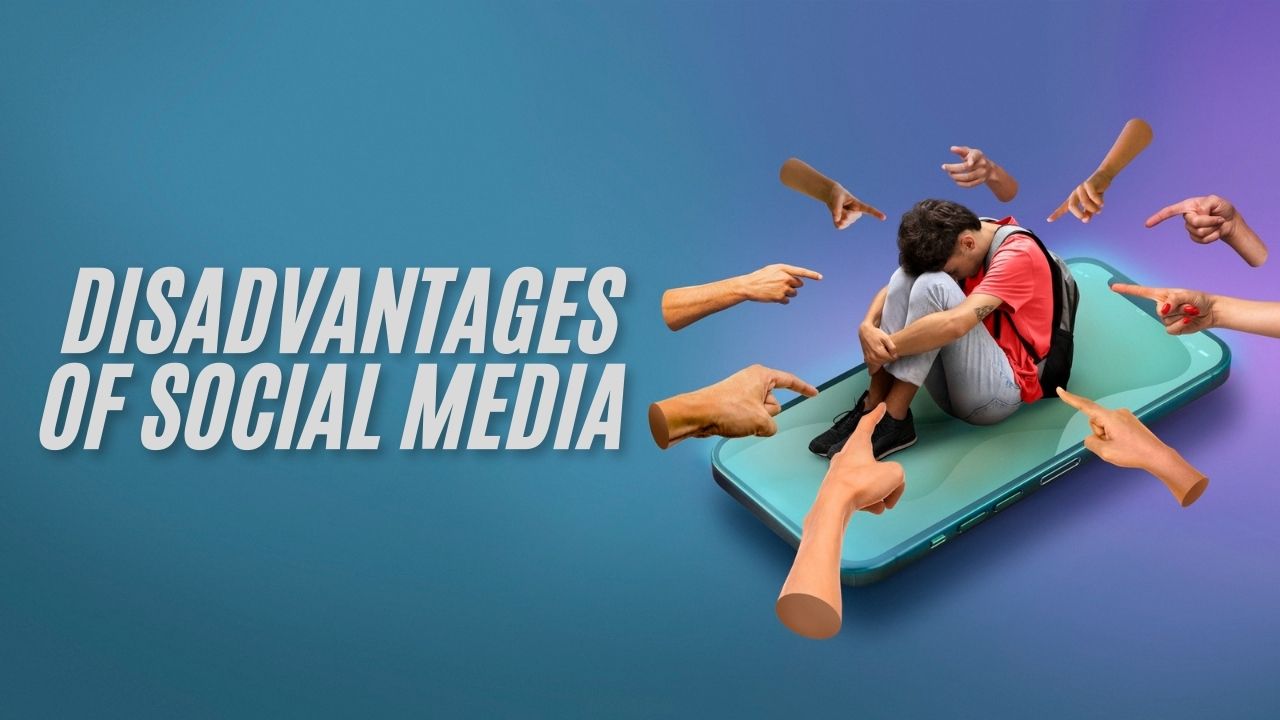
Despite its numerous benefits, social media also has some downsides. Here are the major disadvantages of social media:
1. Privacy Concerns and Data Security
One of the biggest disadvantages of social media is the risk to users’ privacy. Personal data shared on these platforms can be vulnerable to breaches, leading to identity theft or misuse of information. Additionally, companies sometimes use user data for targeted advertising, raising concerns about data security.
2. Mental Health Issues
Social media can contribute to mental health issues, particularly among young people. Studies have shown that excessive use of social media can lead to anxiety, depression, and low self-esteem. This is often due to factors like cyberbullying, social comparison, and the pressure to project an idealized image.
3. Time Consumption and Addiction
Another disadvantage of social media is its potential to consume significant time. Many users find themselves spending hours scrolling through feeds or watching videos, which can lead to addiction. This can result in decreased productivity and a lack of focus on important tasks.
4. Spread of Misinformation
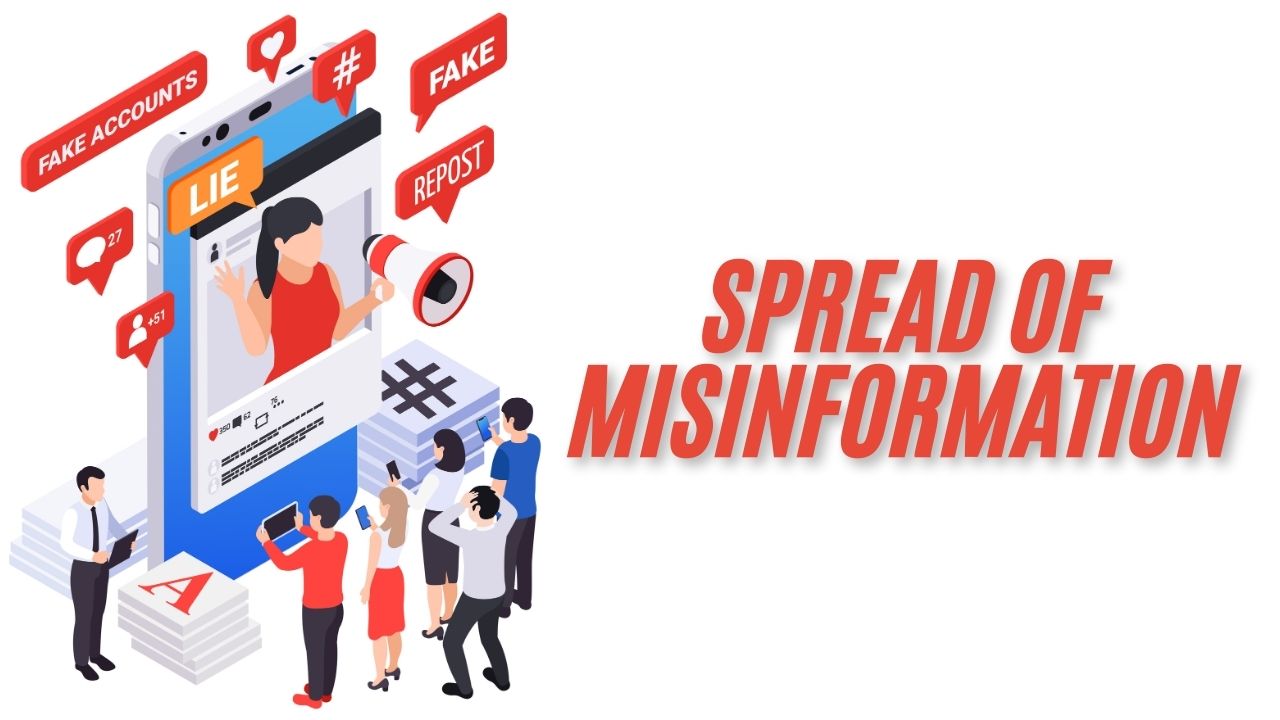
Social media platforms are often criticized for the spread of misinformation. False news can quickly go viral, leading to confusion or panic. Misinformation is particularly concerning during crises, as it can mislead people and harm public trust.
5. Negative Effects on Personal Relationships
While social media can connect people, it can also strain personal relationships. Constant social media use can lead to misunderstandings, jealousy, and unrealistic expectations, especially in romantic relationships. The pressure to showcase a “perfect life” online can result in communication issues and distance.
6. Cyberbullying and Harassment
Cyberbullying is a serious problem on social media. Many users, particularly teenagers, face harassment, insults, or threats online, which can have lasting effects on their mental well-being. Even with efforts to stop cyberbullying, it is still a common problem on many platforms.
7. Echo Chambers and Polarization
Social media algorithms are designed to show content based on user preferences, creating “echo chambers” where people only see content that aligns with their views. This can lead to polarization, where people become more extreme in their beliefs and less open to other perspectives.
Balancing the Advantages and Disadvantages of Social Media
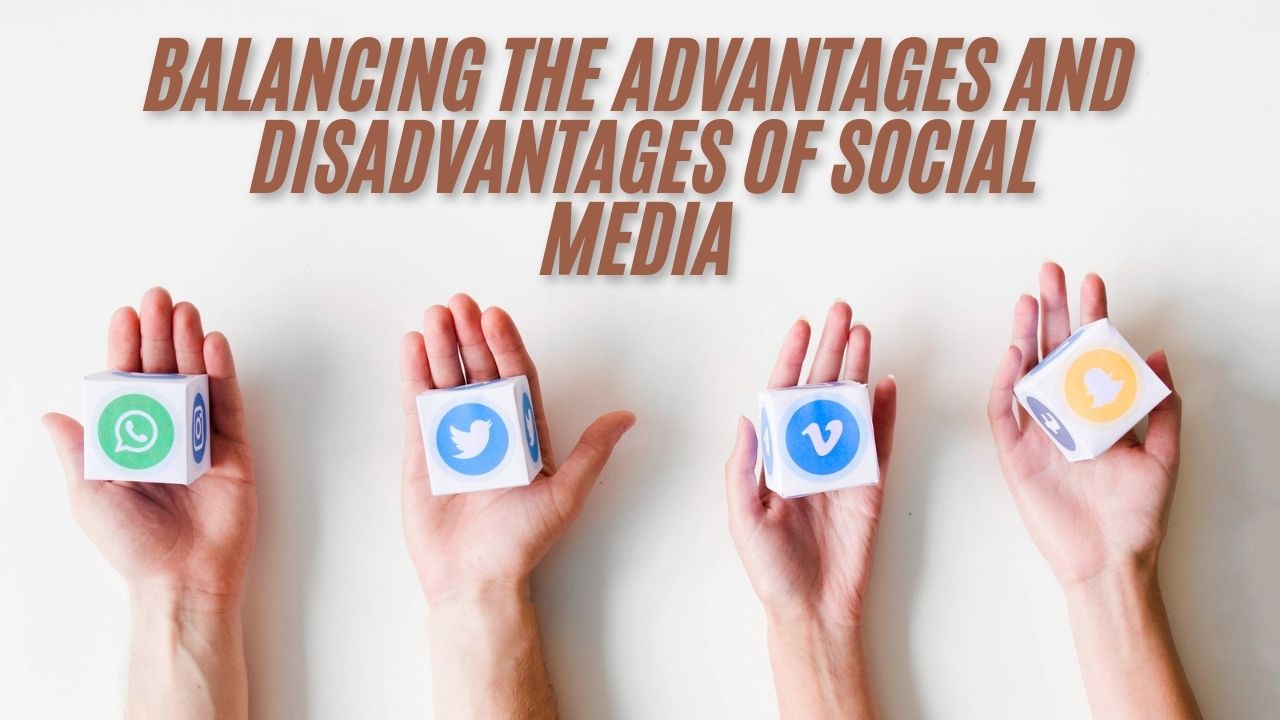
Understanding the advantages and disadvantages of social media can help users make informed decisions about how they engage with these platforms. Here are a few tips to maximize the benefits while minimizing the drawbacks:
Set Boundaries: Limit the time spent on social media to avoid overuse and maintain productivity.
Prioritize Privacy: Be mindful of the information shared and review privacy settings to protect personal data.
Verify Information: Always fact-check news and information before sharing it to prevent spreading misinformation.
Engage Positively: Avoid negative interactions and focus on positive, constructive engagement.
Follow Diverse Content: Engage with a variety of perspectives to avoid echo chambers and broaden understanding.
Conclusion
Social media has transformed the way we communicate, learn, and share our lives with others. The advantages and disadvantages of social media highlight its powerful potential to influence us positively and negatively. While it offers valuable opportunities for connection, education, and business, it also presents challenges like privacy issues, mental health impacts, and the spread of misinformation.
By using social media thoughtfully, individuals can enjoy the benefits while protecting themselves from the downsides. Balancing social media use with real-life interactions and being mindful of the information shared are key strategies for maintaining a healthy relationship with social media. As society changes, the role of social media changes too, along with how we use its power responsibly.
Author: Vyshnapv
Learner of DigiSkillz, Digital Marketing Institute in Kochi.


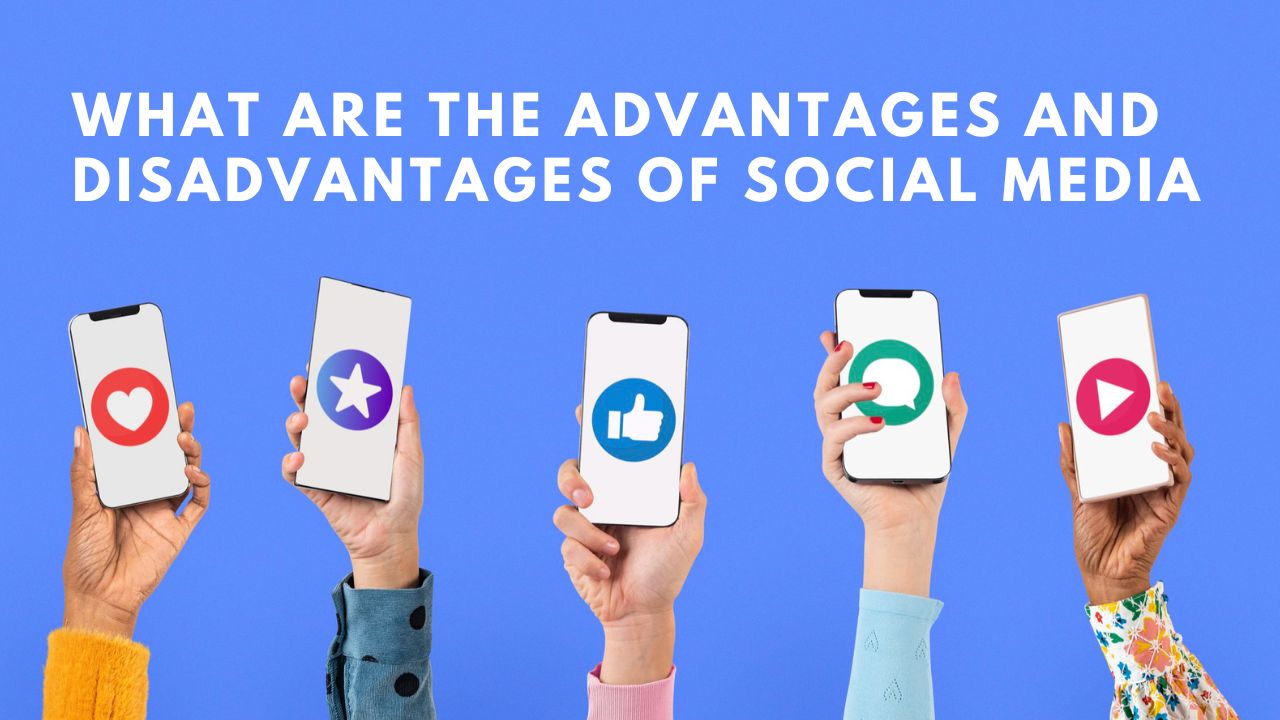
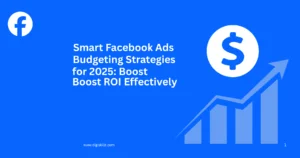

Leave A Comment